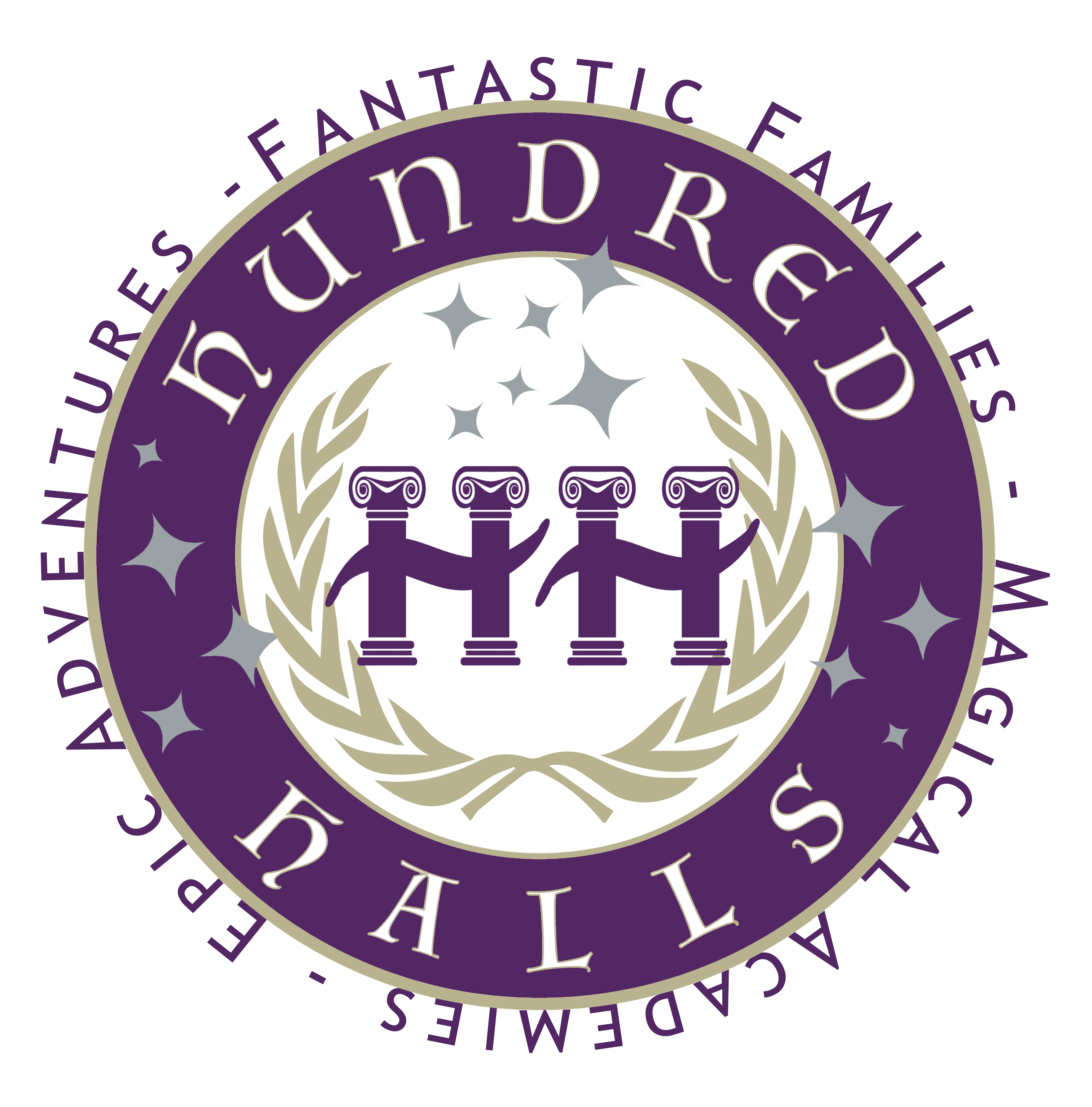 It used to be that every industry had its gatekeepers.
It used to be that every industry had its gatekeepers.
Music had the fat guys with cigars that Pink Floyd loved to sing about. Factories had foreman that slapped each other on the back. Corporations had bosses that controlled resources. Political parties had precinct captains and party leaders. And for the last decade, publishing has had agents acting as the gatekeepers.
All these industries still have and will have gatekeepers that control people and products not based on their merit, but on the connections and favors owed. That will never change completely.
But now there are other ways.
I’m fond of reading Seth Godin, both his blog and his books. I would recommend Tribes and Linchpin to everyone, regardless of the industry, even someone tending the house and kids on a daily basis.
For years, he’s been teaching how to get past the gatekeepers of the world, even when that gatekeeper is one’s own fear. Gatekeepers were a necessary tool in the age of the Big Industry. In Big Industry, economies of scale provided the economic boost. Favors worked when there wasn’t much competition and information was scarse. Now those lumbering dinosaurs are too large to function in this nimble mammal world.
The publishing industry, one of the last of the great white behemoths, has just started to come to this realization–cue Dean Wesley Smith and Kristine Kathryn Rusch.
The last few years, Dean and Kris, have been speaking online about taking control of your career as a writer. They’ve been talking about this privately at their wonderful workshops for a long time before that, but we’ll stick with what’s in the public record.
This honest self-reliant tone struck well with me and it reminded me much of Seth Godin, albeit specific to the publishing industry. Now that the e-publishing market is available; many authors, old and new, are debating the usage of such systems. Dean and Kris are leading such a debate on their dual blogs. Instead of the big bad gatekeeper in the huge conglomerate buildings of New York, we only have our own fear holding us back. No longer is the holy grail of an agent required to get a book sold (not that it ever really necessary, but that’s a different discussion all together.)
Seth Godin’s book Tribes talks about how to build a movement one person at a time, slowly, leveraging technology and using our passion and skill. The old way was to get picked by the elites, sudden and full of heady success. The new way is to build deliberately, slowly and full of frequent failures.
Seth says it best as:
“Does your project depend on a miracle, a bolt of lightning, on being chosen by some arbiter of who will succeed? I think your work is too important for you to depend on a lottery ticket. In some ways, this is the work of the Resistance, an insurance policy that gives you deniability if the project doesn’t succeed. “Oh, it didn’t work because we didn’t get featured on that blog, didn’t get distribution in the right store, didn’t get the right endorsement…”
Dean and Kris have been telling us the same thing for years. Be it on rewriting through workshops, or giving up because of rejections, or sending directly to editors. Being a writer the way they explain it is the same way Seth describes Tribes. It takes hard work and patience. You can’t eat an elephant all in one bite and becoming a writer is one mighty big elephant.
Those frequent failures are going to be painful. When you sell to a big traditional publisher, you can always blame it on them because of bad marketing or a bad cover. When your book goes out on the e-publishing market and it doesn’t sell as well as you’d like, then it’s all on you. But that’s okay. Getting it out there is the hard part and you’ll do better next time.
Matt Mullenweg recently wrote about Apple and their willingness to fail in his post 1.0 Is the Loneliest Number. If Steve Jobs, the turtlenecked guru, can stomach not having copy+paste on his first iPhone, then I can give it my best and be happy with the result.
In Dean’s New World of Publishing and Kris’s Business Rusch , they explain how to navigate this new world of publishing. One of the most important points they make to new writers is that the new model is going to be slow. But that’s okay, Seth already warmed me up to the idea that building a tribe takes time.
Plus, meeting people along the way, one-at-a-time, is a lot more fun than plugging into a massive corporate box any day.
